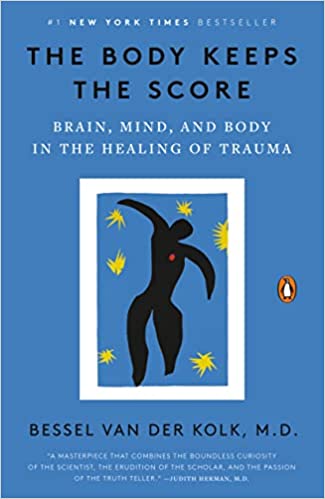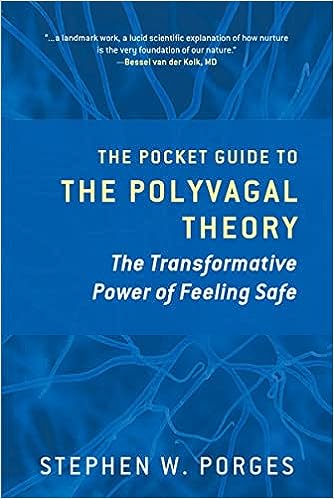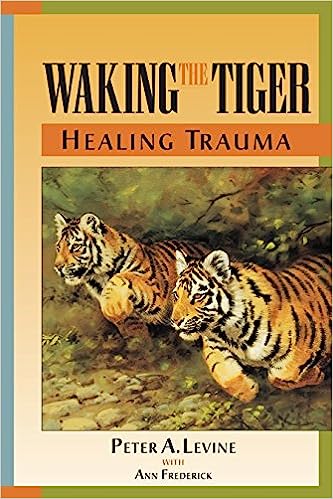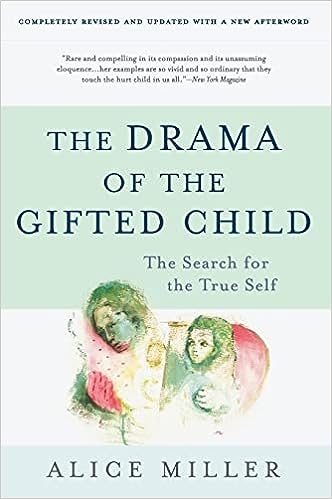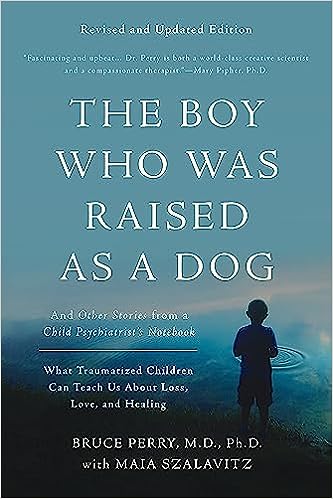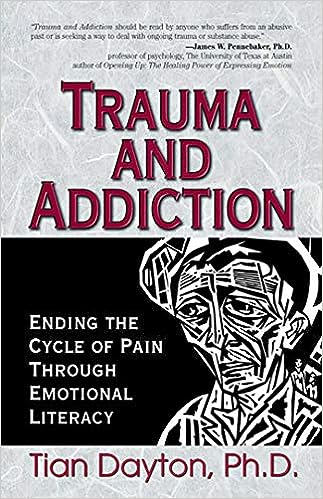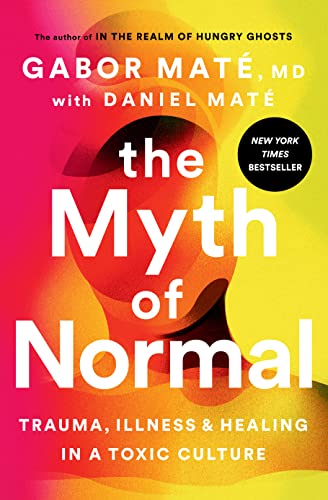Trauma
Trauma history is one of the most highly correlated risk factors for developing an addiction.
We hope the following books can deepen your understanding of the condition and help you learn ways we can both prevent ourselves from passing on the trauma and heal what is already there.
The Body Keeps the Score
Dr. Bessel van der Kolk starts us off by diving deep into the lasting impacts of trauma on both the mind and body.
By weaving together cutting-edge research and personal patient stories, van der Kolk uncovers how trauma can be an underlying factor in addiction and emphasizes the importance of addressing these deep-seated wounds in the recovery journey.
The book also introduces various therapeutic methods, offering hope and pathways for healing.
“When our senses become muffled, we no longer feel fully alive… This leaves us feeling stuck, disconnected, and more vulnerable to trauma.”
Details
- Original Date of Publication: 2014
- Author: Dr. Bessel van der Kolk
- Number of Pages: 464
Pocket Guide to the Polyvagal Theory
Dr. Stephen Porges talks about his Polyvagal Theory, which is all about how our body reacts when we feel safe or in danger. The theory explains why we might want to run, fight, or just freeze up in certain situations.
For people dealing with addiction, it’s helpful to know how past scary or stressful times might affect our choices now, and how, if we expect to heal, there really is nothing more important than a feeling of safety with that other person.
“When we feel safe, our physiology supports social engagement and positive relationships.”
Details
- Original Date of Publication: 2017
- Author: Stephen W. Porges
- Number of Pages: 271
Waking the Tiger
In his classic and most popular book, Peter Levine explores the naturalistic understanding of trauma and how our body’s innate ability to rebalance and heal itself can sometimes get stuck.
Drawing a connection between unresolved trauma and the cycles of addiction, Levine tells of the ways in which facing and releasing our traumatic experiences can be essential in building a sustainable and stable foundation for genuine recovery.
“The key to healing traumatic symptoms in humans is in our physiology.”
- Original Date of Publication: 1997
- Author: Peter A. Levine
- Number of Pages: 288
Drama of the Gifted Child
Alice Miller’s famous book delves into the emotional lives of “gifted” children, often seen as high-achievers, but who bear the weight of unmet parental expectations.
The book offers insights into how these early emotional wounds can lead to vulnerabilities, including addictive behaviors later in life.
By understanding and addressing these childhood traumas, we can pave the way for healing and a healthier life.
For many, addiction is a coping mechanism to numb past traumas. Miller’s insights help readers identify and process these traumas, offering a clearer path to recovery.
“The true opposite of depression is neither gaiety nor absence of pain, but vitality – the freedom to experience spontaneous feelings.”
Details
- Original Date of Publication: 1979
- Author: Alice Miller
- Number of Pages: 144
The Boy who was Raised as a Dog
In this chilling book, child psychiatrist Bruce D. Perry shares real-life stories of children who’ve experienced severe trauma, shedding light on how early-life stress can affect the developing brain.
Perry also emphasizes the incredible resilience of the human mind and the importance of relationships in healing trauma.
His insights and stories underscore the importance of compassion, connection, and understanding in the recovery process, reminding us that healing is always possible with the right support.
“What we recognize as normal, rational, voluntary actions are influenced by a host of factors that lie outside of awareness, and so they are, in a sense, involuntary.”
Details
- Original Date of Publication: 2006
- Author: Bruce Perry and Maia Szalavitz
- Pages: 448
Trauma and Addiction
Dr. Tian Dayton, an expert in the field of trauma and addiction, provides a clear exploration of the intertwined nature of trauma and addiction.
Using relatable stories and evidence-based findings, she emphasizes the role of unprocessed emotional pain in addictive behaviors.
The book introduces the concept of “emotional sobriety,” offering tools and techniques to help readers process trauma and break free from addictive patterns.
“Addictions are the self’s way of feeling connected and whole.”
Details
- Original Date of Publication: 2000
- Author: Tian Dayton
- Number of Pages: 304
The Myth of Normal
Gabor Maté’s “The Myth of Normal” challenges the idea that today’s society, with its pressures and expectations, is “normal.”
He argues that trauma isn’t just from big events, but can be a daily experience shaped by our society.
Maté highlights how hiding our true self early in life can impact our health and emotions. He also touches on the idea that our surroundings can influence our genes, and how diseases might change based on our emotions and past traumas.
“If we could begin to see much illness itself not as a cruel twist of fate or some nefarious mystery but rather as an expected and therefore normal consequence of abnormal, unnatural circumstances, it would have revolutionary implications for how we approach everything health related.”
Details
- Original Date of Publication: 2023
- Author: Gabor Mate
- Pages: 576
Contact Us
We’re here for you every step of the way towards a healthier and more fulfilling life. Contact us today for personalized guidance, support, and to learn more about our services.
Contact us
(215) 498-3889
jeff.simone@reactionrecovery.com
info@reactionrecovery.com
Open Hours
M-F: 8AM – 9PM EST
Sat: 3PM – 7PM EST
Sun: 8AM – 7PM EST

